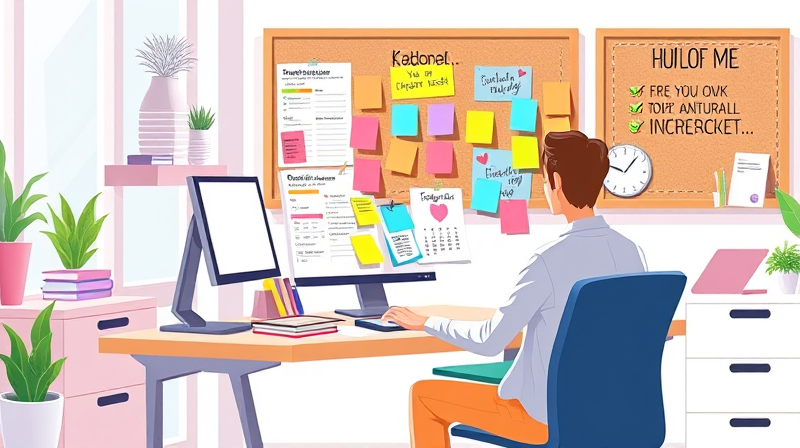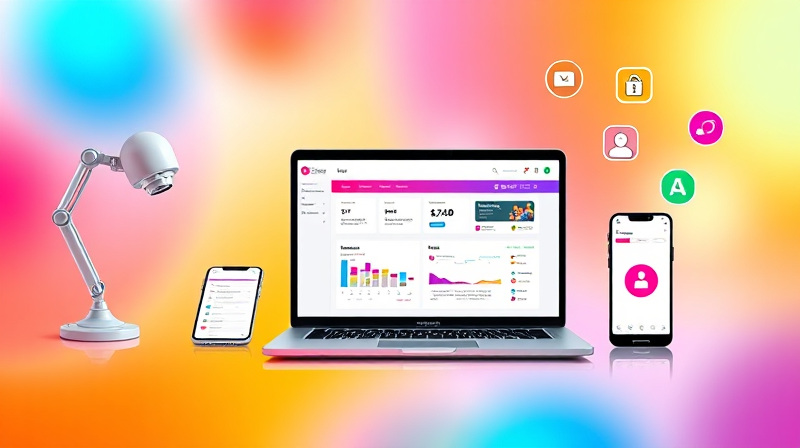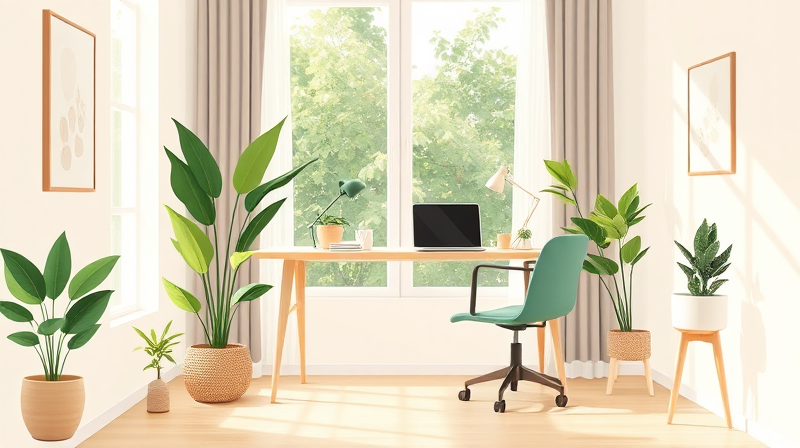In today’s fast-paced world, anxiety can easily become an overwhelming challenge. Many of us find it difficult to maintain calm in the midst of demanding schedules, but there are effective strategies to help limit anxiety and enhance overall well-being. This article offers inspiring insights and simple practices that can be incorporated into daily routines to foster a more relaxed and focused life.
The journey to a calmer state of mind begins with small steps that can gradually transform chaos into serenity. By embracing mindfulness, quick relaxation techniques, regular exercise, thoughtful lifestyle changes, and seeking professional advice when needed, you can empower yourself to handle stress and improve your quality of life.
Embrace Mindfulness and Meditation
Mindfulness meditation is a powerful tool that has been used by many to manage anxiety and enhance emotional regulation. Spending a few minutes each day in mindful meditation can reshape your response to stress and offer clarity in decision-making.
This practice involves finding a quiet space where you can sit comfortably and focus on your breath. When thoughts arise and distraction sets in, gently bring your focus back to the present moment. Even a short period of mindful breathing can have lasting effects on your stress levels. To help establish a regular habit, consider using popular meditation apps that offer guided sessions.
- Find a quiet space: Set aside a dedicated time and place free from disruptions.
- Focus on your breath: Observe each inhale and exhale, letting go of intrusive thoughts.
- Be gentle with your mind: Redirect your focus calmly whenever it wanders.
By incrementally increasing your meditation time, you can experience deeper relaxation and enhanced focus.
Utilize Quick Relaxation Techniques
When anxiety peaks, quick relaxation methods can be a lifesaver. Techniques such as Box Breathing and Progressive Muscle Relaxation (PMR) offer immediate relief from stressful moments.
The Box Breathing technique is simple yet effective. It encourages you to regulate your breathing through a series of timed steps, allowing your body to reset and find balance.
- Inhale for 4 seconds: Slow, controlled inhalation through the nose.
- Hold for 4 seconds: Retain your breath to create a pause.
- Exhale for 4 seconds: Let go of tension as you exhale through the mouth.
- Hold for 4 seconds again: Complete the cycle and prepare for the next breath.
This cycle can be repeated for several minutes to bring your heart rate into a calmer rhythm.
Similarly, PMR involves progressively tensing and then relaxing different muscle groups to release the buildup of physical tension. Starting from your toes and moving up to your head, this process helps you reconnect with your body and recognize the contrast between tension and relaxation.
Active Movement and Exercise
Physical activity is a natural remedy for stress and anxiety. Incorporating movement into your daily routine can have profound benefits on both your mood and physical health.
Consider gentle exercises that not only ease anxiety but also build strength and resilience. Whether it’s practicing yoga, joining a tai chi session, or going for a brisk walk, finding an activity that resonates with you is key.
- Yoga or Tai Chi: Improve flexibility and inner peace.
- Cardio Workouts: Enhance mood through activities like running, cycling, or dancing.
- Regular Walks: Short bursts of walking throughout the day can help clear your mind and reduce stress.
Engaging in these activities not only boosts your physical health but also serves as a mindful break from the pressures of a hectic schedule.
Implement Simple Lifestyle Changes
Lifestyle habits play an essential role in managing anxiety. Small adjustments in your daily routine can lead to significant improvements in your stress levels and overall well-being.
Focus on nutrition by choosing a balanced diet rich in whole foods and limit processed items. Paired with quality sleep and mindful technology use, these adjustments can build a strong foundation for preventing anxiety.
- Balanced Diet: Fuel your brain and body with nutritious foods.
- Consistent Sleep: Prioritize sleep to allow your mind and body to recover.
- Mindful Technology Use: Consider apps or wearables that help monitor stress and encourage relaxation breaks.
Every positive change in your lifestyle not only supports mental health but also fosters a resilient mindset ready to tackle daily challenges.
Seek Professional Support When Needed
Sometimes, extra help is essential. If regular self-care practices are not sufficient, seeking professional guidance can be transformative.
Online therapy and digital cognitive behavioral therapy (CBT) programs offer accessible ways to address persistent anxiety. These resources provide support from experienced professionals who can help you develop personalized strategies to cope with stress.
Remember, reaching out for help is a sign of strength. Professional support can offer tailored advice and motivate you to keep progressing toward improved mental health.
In summary, managing anxiety requires a balanced blend of self-awareness, activity, and sometimes professional guidance. Whether you are beginning a mindfulness practice, exploring quick relaxation techniques, enhancing your physical activity, or making lifestyle improvements, every step matters. Celebrate your progress, no matter how small, and know that change is possible with persistence and self-compassion.
By incorporating these core methods into your hectic daily routine, you can build a supportive framework to lessen anxiety and embrace a life filled with resilience and hope.








